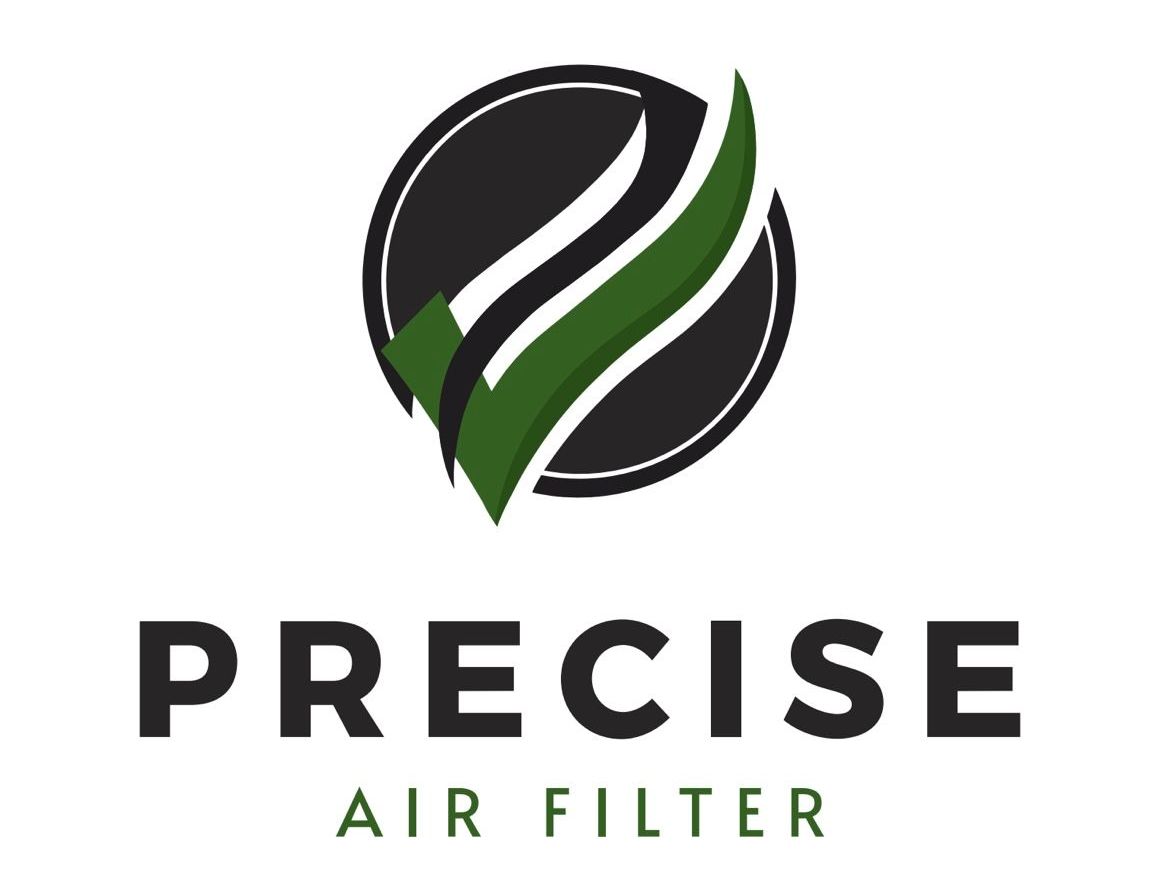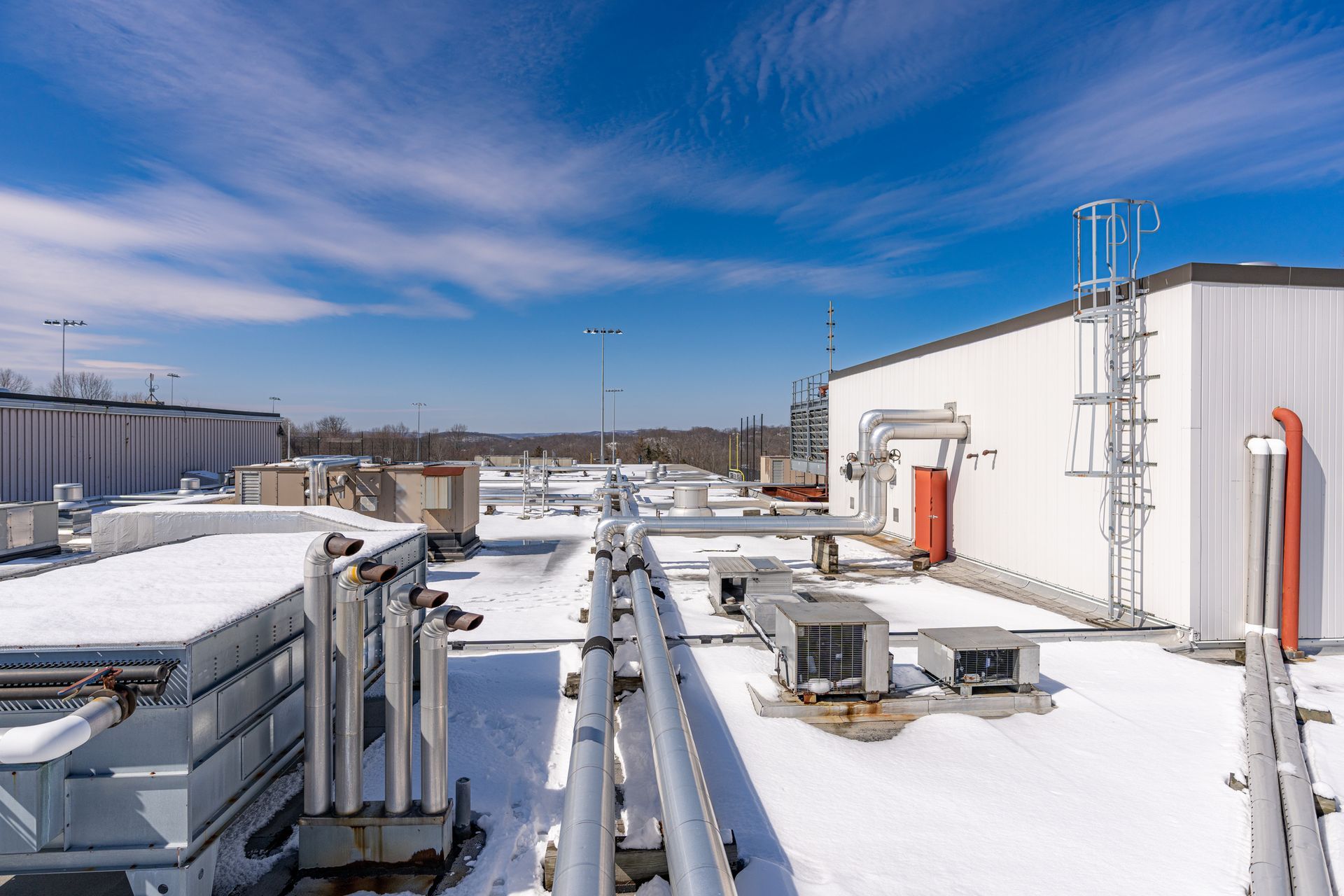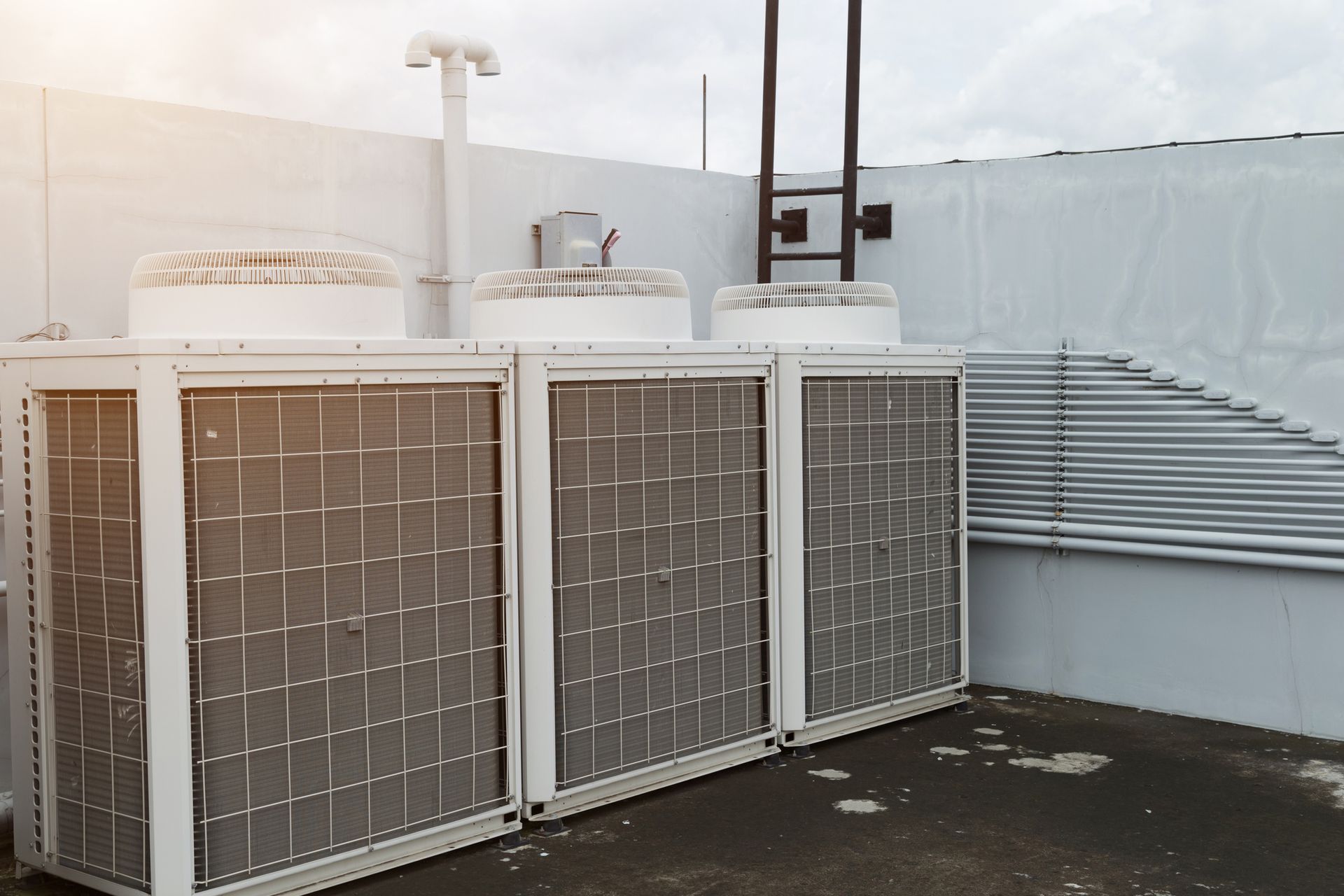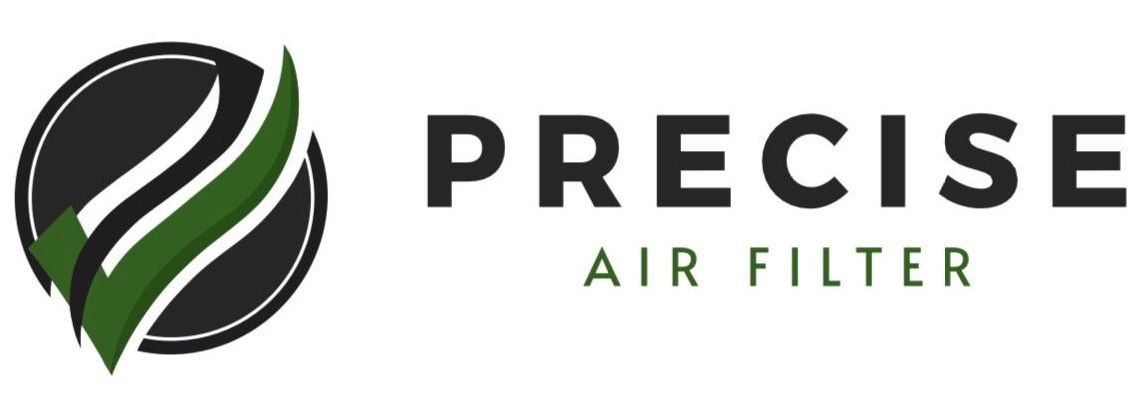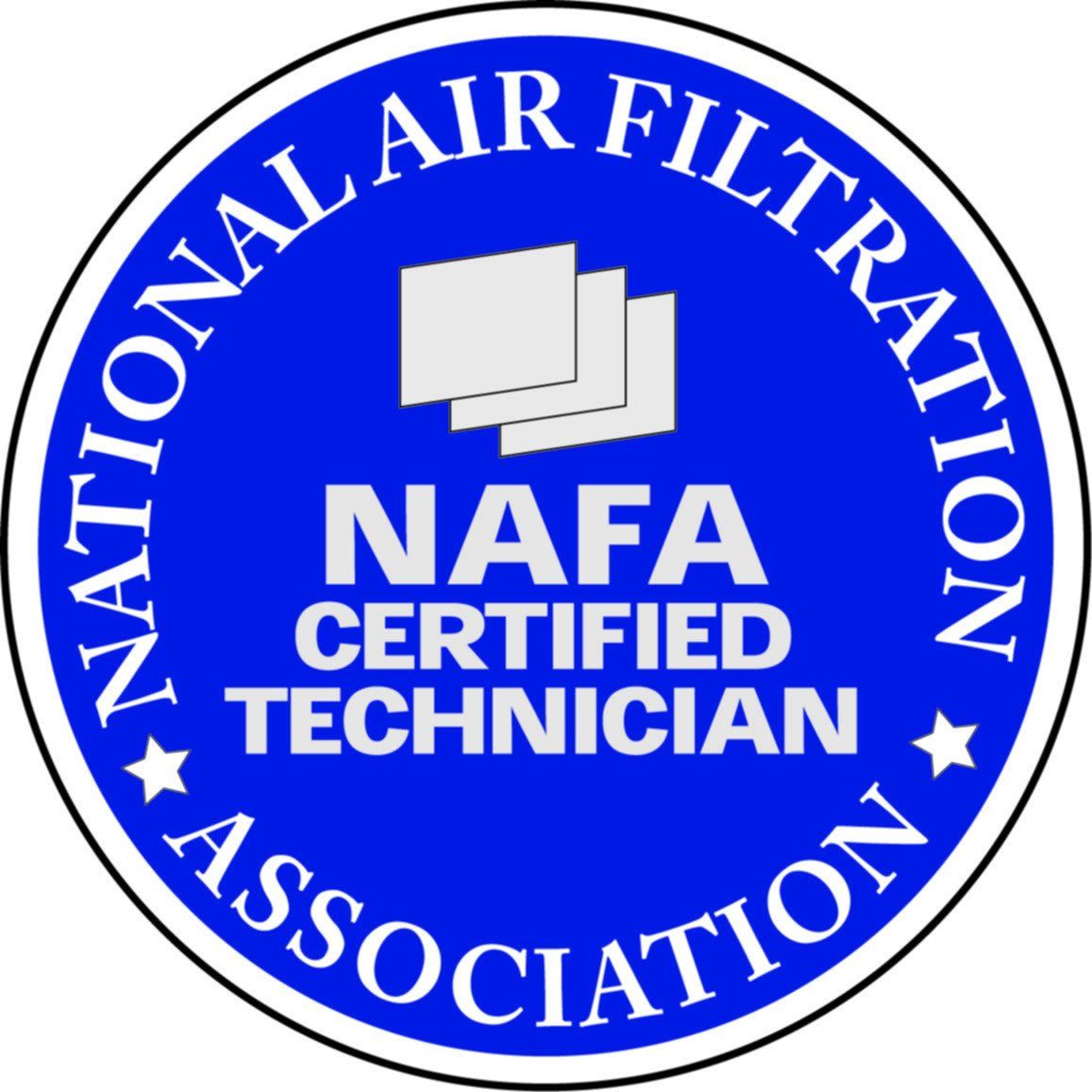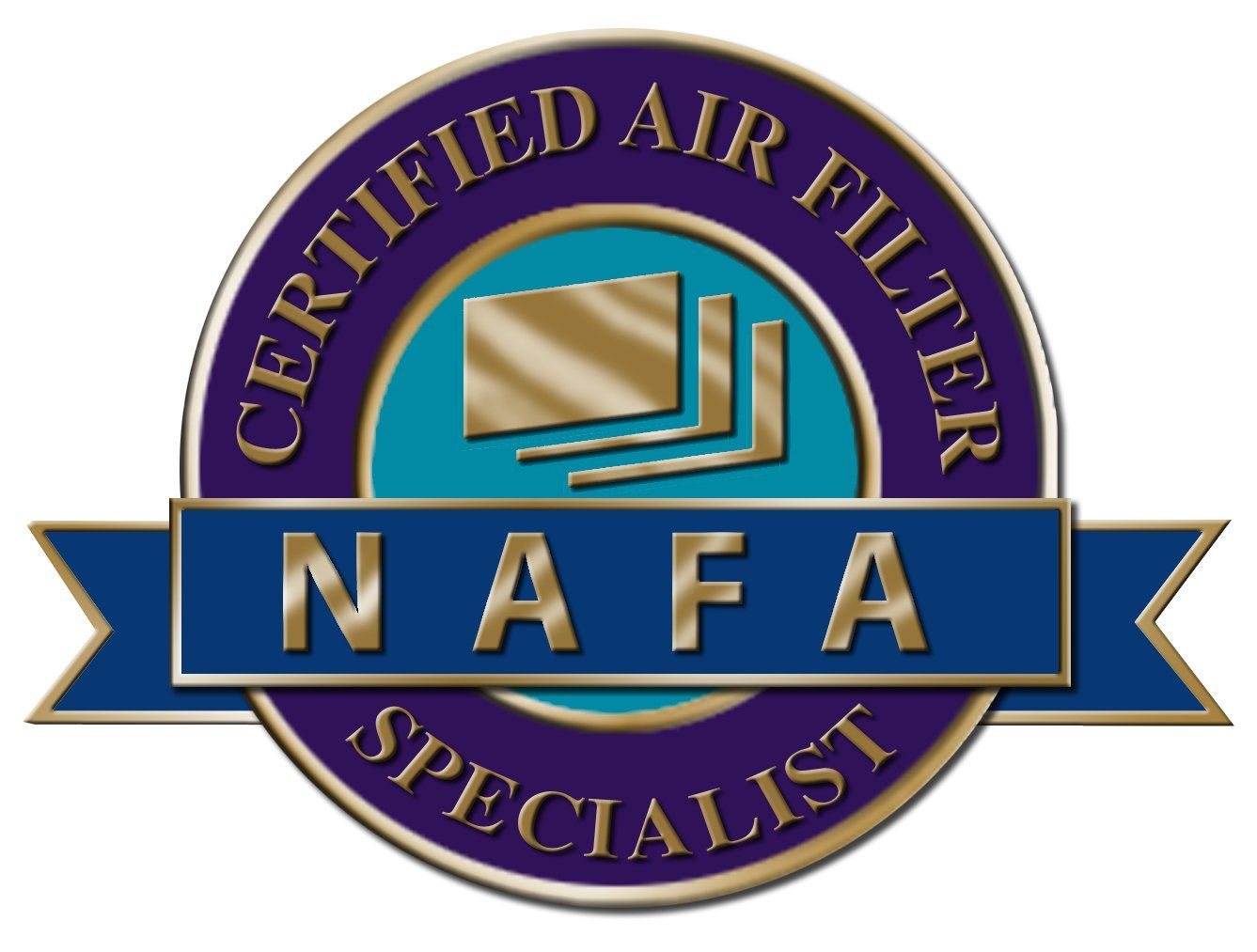Best Air Filters for Allergy Sufferers: What to Look for This Spring
Best Air Filters for Allergy Sufferers: What to Look for This Spring
Spring is in the air—and so are pollen, dust, and other allergens that can make allergy sufferers miserable. While you may not be able to control the outdoor air, you can take steps to improve your indoor air quality. One of the easiest and most effective ways to reduce allergens in your home or workplace is by using the right air filter.
If you’re looking for the best air filters for allergy relief, here’s what you need to know and some top-rated air filters available from Precise Air Filter in Louisville, KY.
What Makes a Good Air Filter for Allergy Sufferers?
Not all air filters are created equal. When choosing an air filter to combat seasonal allergies, look for:
- High MERV Ratings – The Minimum Efficiency Reporting Value (MERV) scale rates filters from 1 to 16. The higher the MERV rating, the better it is at trapping allergens like pollen, pet dander, and mold spores. A MERV 11-13 filter is ideal for most allergy sufferers.
- HEPA Filtration – High-Efficiency Particulate Air (HEPA) filters trap at least 99.97% of airborne particles as small as 0.3 microns, making them the gold standard for allergy relief.
- Activated Carbon Layers – If you also suffer from chemical sensitivities or odors, filters with activated carbon can help absorb volatile organic compounds (VOCs), smoke, and odors.
- Antimicrobial Treatments – Some filters come with antimicrobial coatings to prevent mold, bacteria, and mildew growth, which can be especially helpful in humid environments.
Now, let’s look at some of the best air filters for allergies available at Precise Air Filter.
Top Air Filters for Allergy Relief
Koch Filter Corporation HEPA Filters
- Captures: 99.97% of particles as small as 0.3 microns
- Best For: Homes with severe allergy sufferers, medical facilities, offices
- Why It’s Great: If you need the best possible air filtration, a HEPA filter is the way to go. It effectively traps pollen, dust mites, pet dander, mold spores, and bacteria, helping to significantly reduce allergy symptoms.
Koch Filter Corporation MERV 13 Pleated Filters
- Captures: Small particles including allergens, bacteria, and fine dust
- Best For: Homes and businesses looking for high-efficiency filtration without the airflow restriction of HEPA
- Why It’s Great: A MERV 13 filter is one of the highest-rated pleated filters available for residential use. It’s an excellent balance of airflow and allergen removal, making it a great choice for most allergy sufferers.
Koch Filter Corporation Carbon Filters
- Captures: Allergens, odors, smoke, and VOCs
- Best For: Allergy sufferers who also have sensitivity to smells, chemicals, or smoke
- Why It’s Great: Unlike regular filters, carbon filters absorb odors and chemicals in addition to trapping dust and pollen, improving overall indoor air quality.
- Koch Filter Corporation Extended Surface Bag FiltersCaptures: High volumes of airborne dust and allergens
- Best For: Homes or businesses in dusty environments or places that require high-capacity filtration
- Why It’s Great: With more filter media surface area, these last longer than standard pleated filters and hold more allergens, making them great for people who don’t want to change filters too often.
View Extended Surface Filters Here
Koch Filter Corporation Antimicrobial Treated Filters
- Captures: Allergens, bacteria, and mold
- Best For: Allergy sufferers who are also concerned about mold and bacteria growth
- Why It’s Great: These filters contain an antimicrobial treatment that prevents the growth of mold, mildew, and bacteria, keeping your air even cleaner.
View Antimicrobial Filters Here
How Often Should You Replace Your Air Filter During Allergy Season?
During spring and summer, allergens are at their peak, so changing your filter more frequently is a must. Here’s a simple guide:
- Every 1-2 months – Allergy sufferers, pet owners, or high-pollen areas
- Every 2-3 months – Standard households
- Every month – Homes with asthma sufferers, smokers, or heavy dust
Tip: Set a reminder on your phone to check your filter each month—if it looks dirty, replace it.
Breathe Easier This Spring
If you or your family suffer from seasonal allergies, investing in the right air filter can make a huge difference in your indoor air quality and overall health. Precise Air Filter offers a variety of high-efficiency filters tailored to your needs, whether you’re looking for HEPA, MERV 13, carbon, or antimicrobial filters.
Ready to improve your air quality?
Fill out a form or call
502-431-1290 to get expert recommendations for your home or business.
